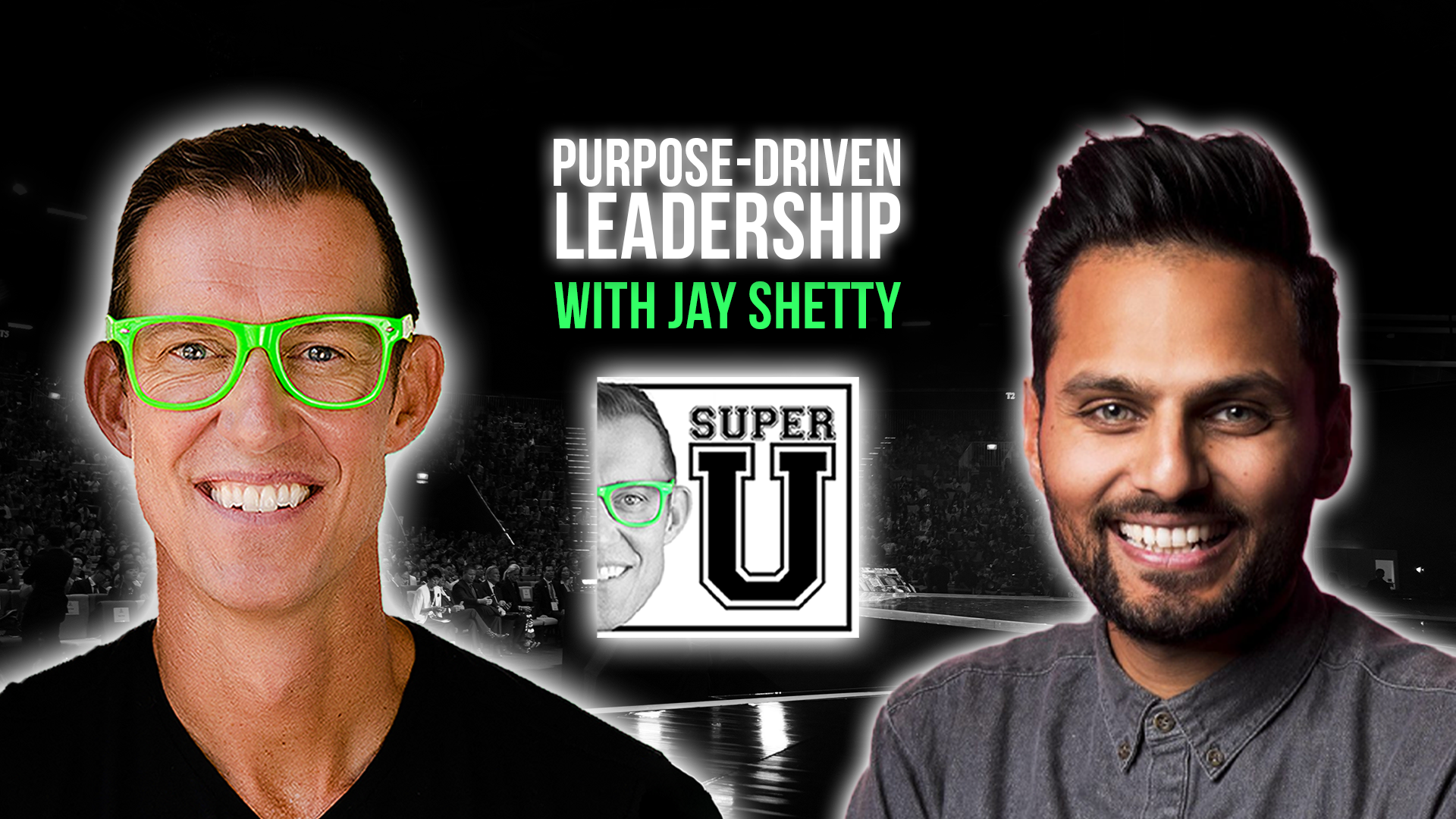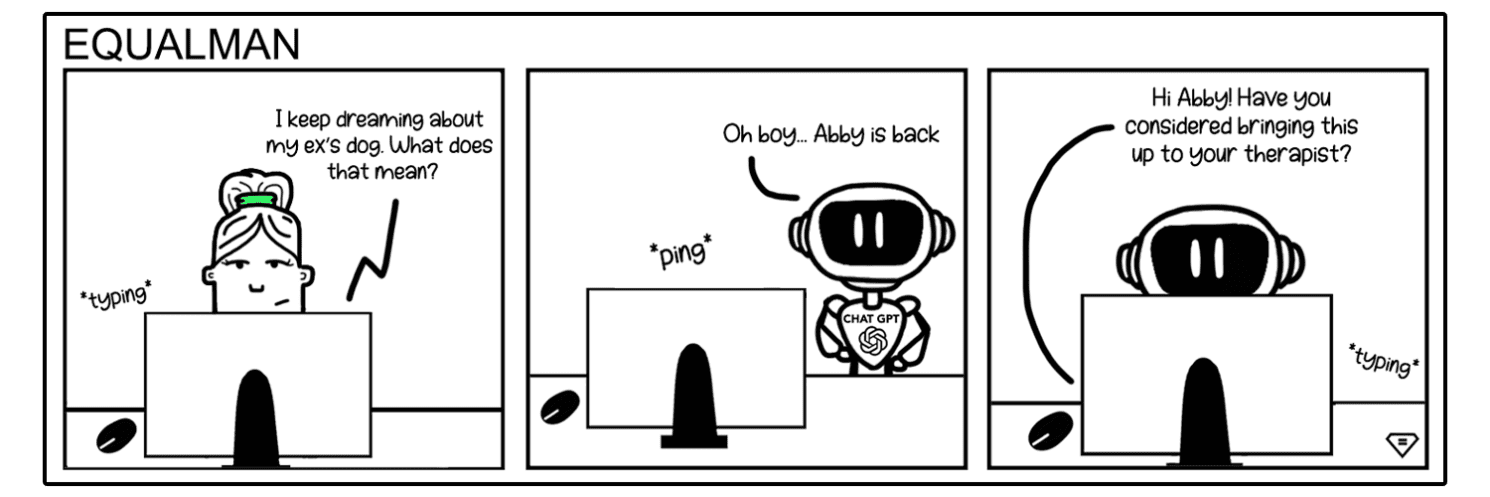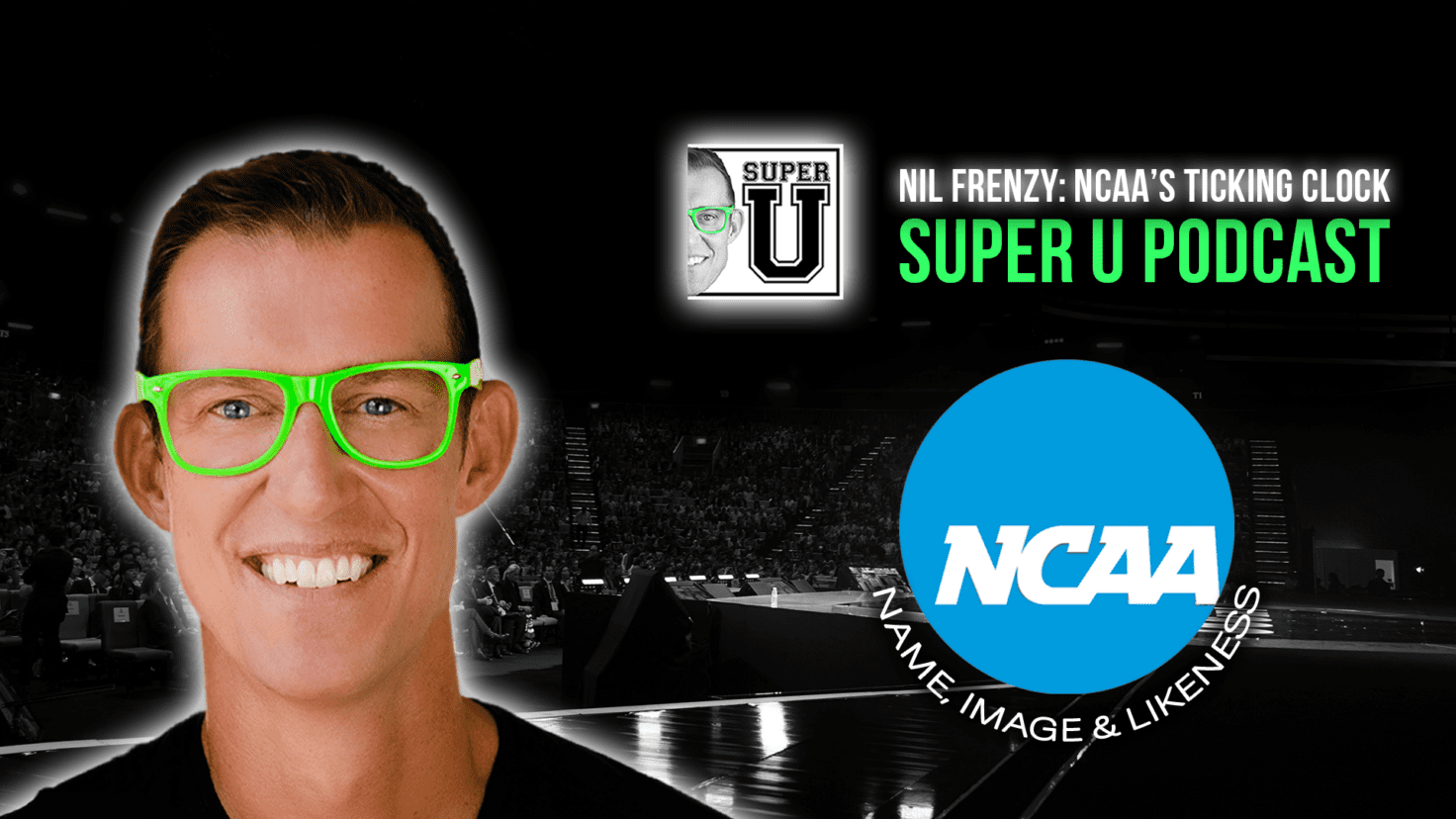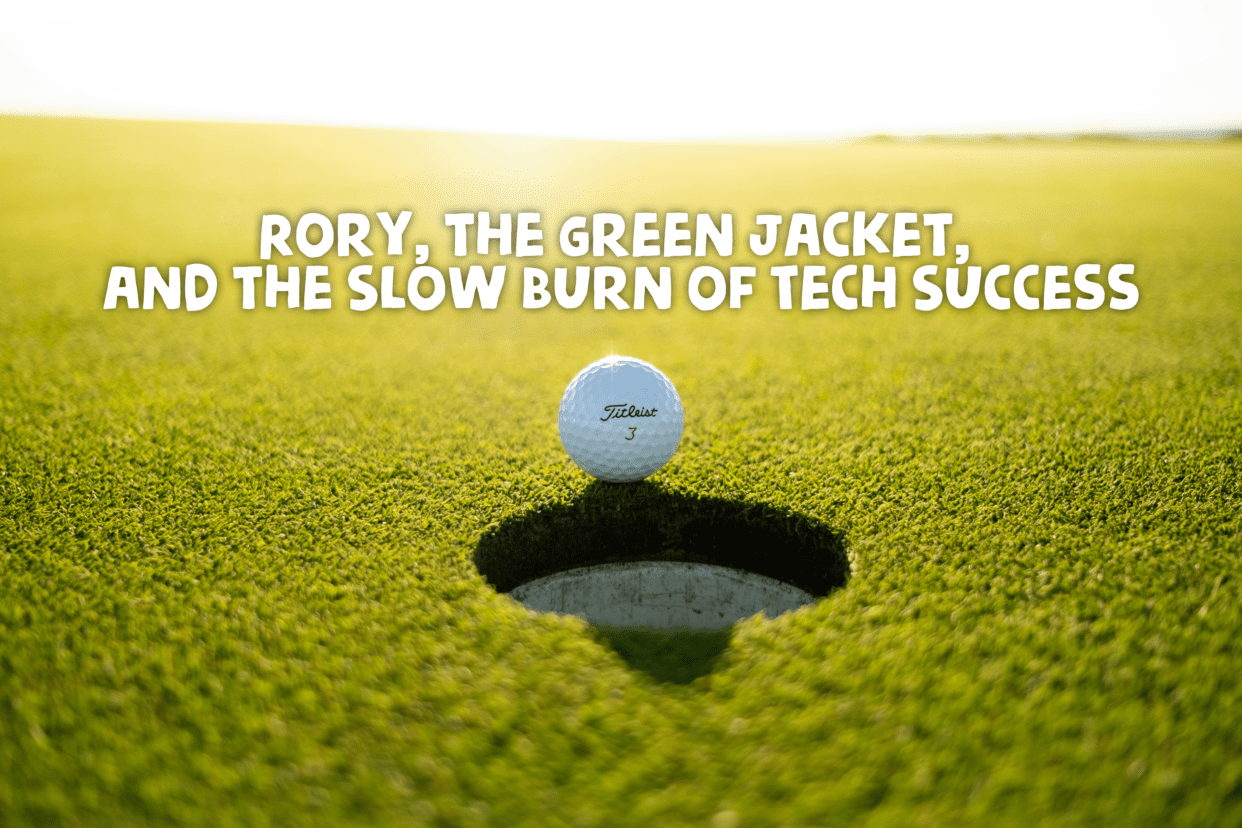Purpose-Driven Entrepreneurship with Jay Shetty
Today, you’ll be hearing from global bestselling author, award-winning podcast host of On Purpose, Chief Purpose Officer of Calm, and purpose-driven entrepreneur Jay Shetty. Shetty has an astounding following of over 50 million across social media platforms. He possesses a talent for making purpose and ancient wisdom not only relatable but also practical and easily accessible. Shetty offers tips on modes of energy, how your environment can impact your decision-making, blindspots in your gratitude, the power of contrast in life, and much more.
Need a sneak peek? Below are the main takeaways from the episode.
Purpose-Driven Entrepreneurship with Jay Shetty
Tip #1
“I was born and raised in London. And when I was around 18 years old, I started going to events in the city where speakers were invited to come and share their stories or journeys or successes or whatever it may have been. And this is obviously before podcasting, and before YouTube. And so you actually went to events to hear people like yourself or anyone speak and so I would go and listen. And they’d be founders of companies. They’d be athletes, they’d be you know, musicians, people like that, that would come to universities and colleges in London. And so I’d go and one of the nights I when I was invited to hear a monk speak, and I was 18 years old and my I didn’t really have a perception amongst like, I didn’t really have any I’d seen saintly people and holy people coming from an Indian background, but I never really knew what monks were or what they did. And so I said to my friends, I didn’t really want to go. But I said I’d only go if we went to a bar afterwards. That was my, that was my state of consciousness, Ajay 10. And my friends were very persuasive and convincing. They said, Yeah, we’ll go. And so I went to this event, kind of like not expecting anything wanting to leave. And I was just completely like floored. This monk was from India, he was born and raised in India and had a thick Indian accent, he was wearing saffron robes. And there was nothing externally that I should or should have found attractive about him as an 18-year-old guy. But his whole message and it’s, that’s why I smiled when you said it earlier, like, his whole message was that the greatest thing you can do in the world or greatness is to use your gifts in the service of God and use your gifts in the service of humanity as a devotional act. And he was talking about how living in devotion and my 18-year-old self was just completely like, mesmerized by that idea. I was just like, I’ve never heard this, like, everyone’s been telling us how to be successful and how to start a business and how to launch a company and how to become number one, or, and I was like this, this guy was just saying that that wasn’t it. And so I went up to him as you do after an event when you’re blown away by a speaker. And I just said to him, I was like, I just want to follow you around. Like, I just want to spend time with you and learn from you and sit at your, you know, sit at your feet and just take observe and he said, Well, I’m doing all these events in London this week, you can come. So I would go along. And then that turned into my during college that turned into my summer and Christmas vacations being with him. And then when I graduated, I turned down my corporate job offers and actually went and lived there for three years. It was just one person who I’ve just always been fascinated by people that you meet, that can change the trajectory of your life. I want to introduce people to people and thoughts that I think will change the trajectory of their lives. Because I didn’t ever want to be a monk, I didn’t think I’d become a monk. I didn’t crave to like it wasn’t a path I saw for myself. But it became the best thing that ever happened to me at that time. And now I live in gratitude. But I also realized I was asked people who’s your monk, like, Who is the person you need to meet that you haven’t met yet? That could change your life.”
Tip #2
“As a monk, you’re trained to understand that everything exists in a certain mode. And so I’ll explain what that means. So in the monk philosophy, there are three modes. And the modes are the mode of ignorance, the mode of passion, and the mode of goodness. And it is said that every decision, every thought, every action, every intention, and every relationship can be in the mode of ignorance, motor passion, or motor goodness. And the mode of ignorance is where your relationships or any act is based on insecurity or fear of doing something out of fear, or you’re out of insecurity or doing out of pressure, that’s considered the mode of ignorance. And energetically, we all feel that right. Like, you know, whether you were I would know, whether you were being forced to do this interview today show out of out of some sort of fear, or some sort of whatever maybe the motor passion is, where you’re doing something, because you want a certain result, you’re doing it just for the reward, you’re doing it just because it’s gonna get you what you want, it’s gonna get you to the goal, okay. And so that’s considered the motor passion. And again, energetically, you can tell that when someone has an agenda or writes something out of you’ve come here to get my point across on something, all right, totally. And then finally, the mode of goodness is the energy of like, I feel really at peace, I feel really at ease, this feels aligned with my values. And therefore it feels like the right decision. And so we were trained to sense energetically, whether things felt like the mode of ignorance, motor passion, or motor goodness, which was a really helpful framework because sometimes things were really hard to just sense without knowing where it sat in terms of a characteristic that’s so interesting. And so that was really, really helpful at the time. And so I find that I’m, I’m the same as you where I make decisions energetically. Yeah. But I think having moved into the real world again, I felt that I had to start getting used to understanding other elements, kind of what you’ve mentioned earlier, which I loved, which was like, I wish they had a class on life at school, because it’s like, you haven’t paid your bill. And you know, you, you know, there’s football players not paying their taxes or whatever it may be. And like that, maybe for different reasons. But anyway, you get the point that there are some things that you just don’t know. And so what I’ve started to do, and I’ve said this a few times, but that’s where it’s a little formula that I use when I sit down with someone, whether it’s business, whether it’s relationships, whether it’s work, even whether it’s this, the first thing is always energy. That’s the first gate that I want to get through. And if I don’t feel energetically aligned with someone, then already there’s no future here. Like it’s not going. Wow, and then the next thing I look You’re a strategic if it’s business. So if it’s personal, it’s only energy. But if it’s business I look at it well, I like this person energetically. Do I think they’re strategically aligned with where this has to go? Do I think they can actually implement this too? I believe this because a lot of people have great energy. Sure, sure. Sure. They don’t have to implement anything. Yeah. And then finally, I look at, well, does the money align? Does the monetary value align with the energy and strategy?”
Tip #3
“Sitting down and plotting the three most difficult times in your life? So sit down and write down? What would be the three most difficult times in my life are the most painful decision-making points of transition in my life? And then ask yourself when you made good decisions. What was the environment? Like? Who were you listening to? What were people saying around you? And when you made poor decisions, what was the environment? Like? What were people saying? Who were you listening to? And you’ll start to spot a pattern. And I found that in my life, anytime I make a good decision, most people disagree with me, I have to listen to my inner voice. And I’m usually doing something against the grain. Now, that’s my pattern, but everyone has to find their own.”
Tip #4
“all get into these scenarios in the world where we think we’re trying our best to help and love other people. So I think the majority of people feel like they give more than they get. And I think anyone who’s an empath or feels like they care for others will feel I give out so much love, but I don’t get as much back. And that’s how I felt sometimes in the ashram, and I was going well, I’m giving out lots of love, and no one’s giving me any love. And it was really emotional for me because I just felt like I was investing in people and helping people and supporting people. And I’ll never forget that conversation. And even to this day, it’s become one of those conversations that stays with me. And I remind myself regularly, hence I put it in the book. The monk said to me, he said, Just as there are people that you love, and don’t love you back, there are people in your life that are investing in you and loving you, that you’ve forgotten about. And it was one of those like, stop moments of just Is that true? And I would encourage everyone who’s listening and watching right now to really think about that. Think about that person you’ve been chasing, whether it’s a friend, a potential boyfriend or girlfriend, a potential husband, or wife, or whatever it may be your job. And then ask yourself, Has someone ever chased you in life? Or has someone ever pursued you in life or has someone ever tried to love you in life, and you didn’t even give them the time of day? The answer is true, I can agree with it, and I can completely agree with that. There are people in my life who have done more for me than I could even begin to try and do. And that isn’t just parents and family members. I’m talking about people professionally, that I just can’t repay. And so he spoke about it as a theme called a circle of love that you will always get the love you give out, you will always get it back or whatever you give out, you will always get it back. You just won’t get it back from the same people you give it to. And that was really fascinating to me because I also realized that I may have caused hurt to people, and they may not have hurt me back. But I’ve received hurt from people that I never hurt. And so it works both ways, both with her and with love. And when you see on both ends that’s ultimately karma in a tiny nutshell. It’s completely grounding in saying, yeah, let me take a real look at my life. And where those blind spots are, about who I’m not being grateful to who I’m missing one not expressing thanks to.”
Tip #5
“If we were exposed to more opposites growing up, it would help us find our middle. It would help us find our gray. But we’re not we’re just exposed to one type of lifestyle. And I think if we were exposed to more contrast, more paradoxes, more opposites more seemingly challenging things. It would actually expand our horizons and expand our mind not close it, I think we’re scared that if someone sees something, it’s gonna scare them, or it’s gonna worry them. But actually, it helps them become more thoughtful. And I think that’s one of the things that’s become so important to me that I wouldn’t have become who I am today if I didn’t meet the monks. But if someone asked me at 16, whether I wanted to be a monk, call me a monk, how does it know? Like, I would have chucked a bottle of alcohol at them, right, you know, like, as in the reaction would have been like, You’re so stupid. That’s ridiculous. And so I think most of us are just too exposed to the same people, the same faces the same things.”
Tip #6
“And so we’ve all been programmed to say, Oh, your strengths are, they’re fine. They are good the way they are. But why are you not performing at this? And so the one way to know your strengths, is to ask yourself, what do you do, that you feel the most confident doing? And it could be something as simple as I’m great at organizing birthday parties. Like that may be your skill, right? That may be your strength, or it may be something like I’m really good at putting on makeup. Or it could be that I have a great sense of fashion. It could be any of those things. And if you don’t know it yet, you can also do an exercise where you sit down with a colleague, a family member, and a friend, because you need people from all areas of your life. And you ask them, What do you think I do, that I excel in, that I stand out in? Or if you could trust me to do one thing in your life for you? What would that one thing be? And when you ask that to people in a reflective way, really asking for that presence? You might be surprised by what they say. And that’s such a powerful question to ask because someone may actually say something like that to you. Ajay, I think your greatest strength is just knowing what to say to me when I most needed. And you may think, well, that’s not a strength you can do anything with, but it is, it is a strength that you can do a lot with, if you are okay with accepting that, of course, I want someone to say to me, oh, Jay, you’re an athlete like Cristiano Ronaldo, and you could play football and get the Ballon d’Or and win all these trips. But that’s not my reality. And so I feel that that’s the place that I would start with strengths. And there was a great study done on the healthy, wealthy, and wisest people in the world. And they were asked if you could invest in what you’re good at your average at, or what you’re bad at? Where would you put your money? And if you take 100%? How would you divide that as a ratio? And if you ask this, I want everyone who’s listening and watching at home right now to do this exercise. And you may write down 33 33 33, you may write down 4040 20, you may write down 1010 at whatever you write down. The most healthy, wealthy, wiser successful people on the planet will say there’s there’s 100 00, or at 1010. They go all in on their strengths because they know that if they go all in on their strengths, they can become exceptional at it.”
Tip #7
“There are four important decisions we make in our life. And if you can make every decision intentionally with the Desire to Learn and Serve, then that’s all you can do. So the four most important decisions we make in our life are how do I feel about myself? What do I do for money? Who do I give my love to? And how do I serve others? And if you spend your life focusing on intentionally making those choices, then your life is a success. Because all you can do is try to live intentionally and try to hope that it helps other people.”
Connect with Jay Shetty:
Instagram: @jayshetty
Youtube: https://www.youtube.com/channel/UCbV60AGIHKz2xIGvbk0LLvg
LinkedIn: https://www.linkedin.com/in/shettyjay
TikTok: @jayshetty
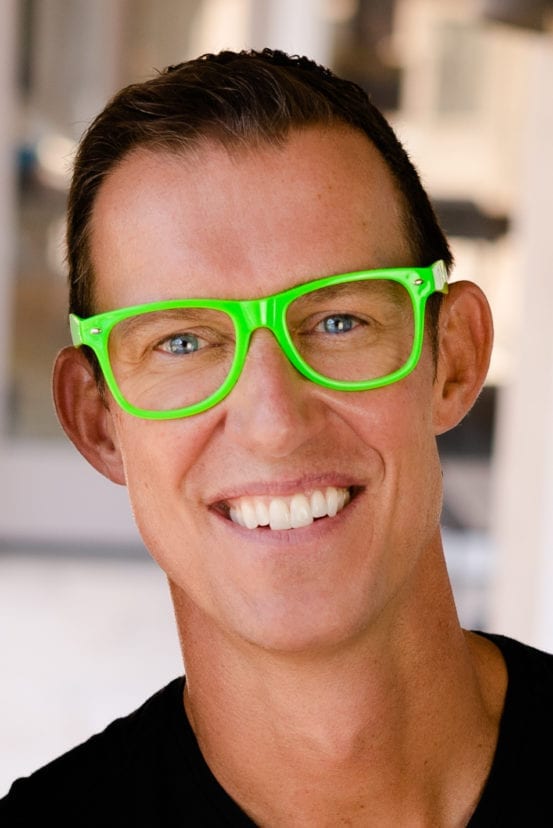
To ensure you don’t miss future episodes, subscribe to our podcast by clicking here >> Super U Podcast. We hope these tips help unlock and unleash your inner superpower!
The Super U Podcast is hosted by #1 bestselling author and Motivational Speaker Erik Qualman.

